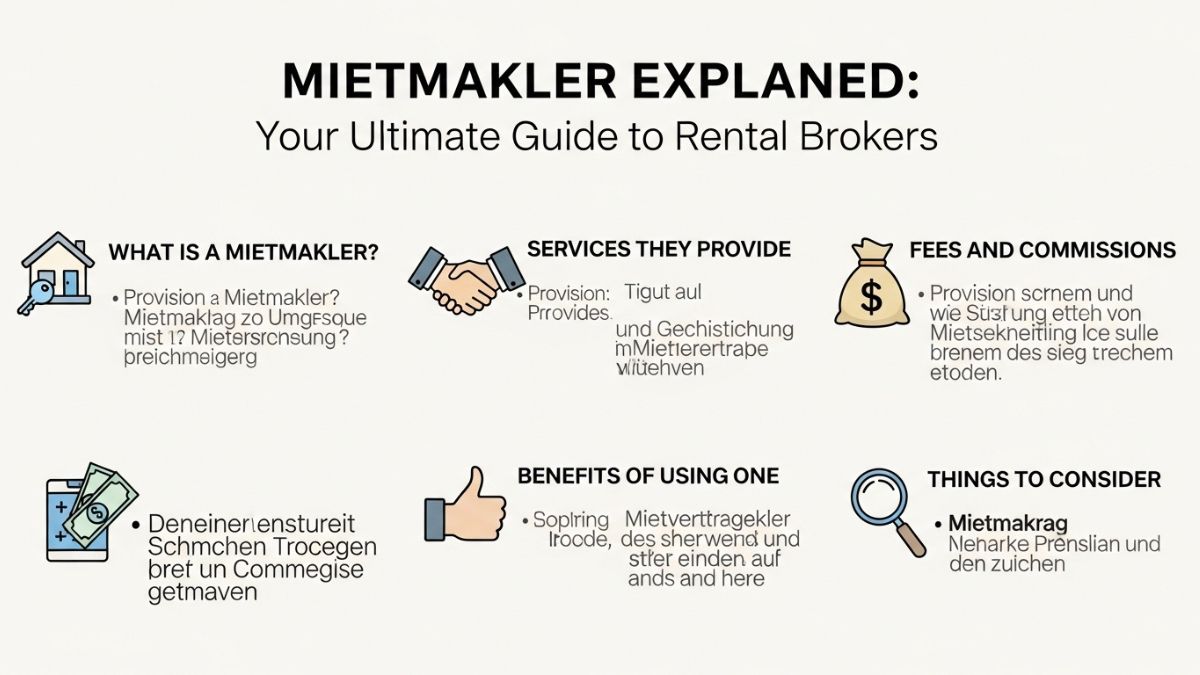The “/portal.php” file is a fundamental component in many online systems, especially in web applications, forums, and content management systems (CMS). If you have worked on websites or online platforms, you’ve likely encountered this file. Understanding its role is essential to efficiently managing a site or web application. Whether you are a developer, a webmaster, or someone curious about web architecture, this article will take you through everything you need to know about “/portal.php” and how it can benefit your website.
What is /portal.php
“/portal.php” is often used as the file that serves as the homepage or gateway for users accessing a website. This file functions as a portal where users are introduced to the features or content of the site. In web forums or CMS, it is frequently employed to show a customized layout or aggregated content like recent posts, announcements, or user activities. It acts as a front page or dashboard that welcomes visitors and directs them to different sections of the website.
The “/portal.php” file can be customized to meet the specific needs of a website. Developers often modify it to ensure it presents relevant content in a visually appealing way. As such, this file is an integral part of many online platforms, including those built with open-source software like phpBB and WordPress.
Why Do Websites Use /portal.php
There are several reasons why websites use “/portal.php.” The primary reason is its role as a gateway for users. It is the first page users encounter and provides essential information at a glance. This page often serves as a summary of what the website offers. It highlights important content, displays recent updates, and showcases new features.
Furthermore, “/portal.php” enhances user experience by offering easy navigation. With everything laid out in one place, users can quickly access different areas of the website without needing to search. This makes it easier for users to find the information they need.
Customization of /portal.php
One of the best aspects of “/portal.php” is its flexibility. Developers can fully customize the file to suit the website’s design and functionality. For instance, you can display a list of recent posts in a forum, show user activity, or include a widget with the latest news.
When working with CMS or forum software, many developers create custom themes for the “/portal.php” file. This way, the design and layout match the rest of the website. While basic versions of “/portal.php” may only display text or links, more advanced setups can incorporate graphics, videos, and interactive elements.
To customize “/portal.php,” developers usually work with the code, modifying HTML, PHP, and CSS elements to make sure the portal functions according to their preferences. They can also install plugins or extensions that add additional features.
Security Concerns Around /portal.php
Because “/portal.php” is an entry point for users, it is a potential target for hackers. Like any web component, it needs to be secured. Developers must ensure that the file does not expose sensitive data or serve as a backdoor for unauthorized access.
Securing the “/portal.php” file is crucial. This involves regular updates, patching vulnerabilities, and implementing security protocols. Enabling HTTPS, using firewalls, and following good coding practices are just a few of the ways to secure “/portal.php” and protect the website from threats.
Importance in Content Management Systems
In content management systems (CMS) like WordPress or Joomla, “/portal.php” helps organize content effectively. These systems rely on such files to create structured and easy-to-navigate websites. As a result, “/portal.php” serves as an essential element for providing a user-friendly experience.
CMS often come with built-in support for “/portal.php,” offering users pre-made templates to create portal pages. These templates can be adjusted to include personalized branding, colors, fonts, and other visual elements. By doing this, website owners can ensure a consistent design while providing a functional home base for their visitors.
How to Optimize /portal.php for SEO
Optimizing “/portal.php” for search engines is another vital step in making sure your website attracts the right audience. This file serves as the gateway, so it needs to contain elements that are optimized for search engine algorithms.
Start by incorporating relevant keywords in the meta descriptions, title tags, and body text of the file. Make sure that the portal is mobile-friendly since search engines like Google prioritize websites that are optimized for all devices. Use a clean URL structure and ensure the page loads quickly. Compressing images and using optimized media files can reduce load time, improving user experience and search engine ranking.
The “/portal.php” file should also be optimized for easy navigation and usability. Proper organization of links, a well-structured layout, and relevant internal links can help boost the page’s SEO performance. Make sure that the content within this file is regularly updated as fresh content is preferred by search engines.
The Role of /portal.php in Web Development
For web developers, “/portal.php” is more than just a file. It represents a critical tool for managing a website’s content and functionality. Whether you are creating a custom web application, a forum, or even a news site, this file is crucial in providing the framework for user interaction.
Web developers often spend time optimizing the performance of “/portal.php” by improving loading times, creating better layouts, and enhancing security. The file’s flexibility makes it adaptable for different kinds of websites, making it a go-to resource in web development.
Common Issues with /portal.php
Despite its usefulness, issues with “/po’rtal.php” can arise. These issues usually stem from misconfigurations, coding errors, or security vulnerabilities. For example, broken links or incomplete code can cause the portal to malfunction. Ensuring regular maintenance is critical to avoid such issues.
If “/po’rtal.php” crashes or refuses to load, it can result in users being unable to access key features of the website. Troubleshooting usually involves checking the file’s code for errors, verifying plugins, and ensuring server configurations are correct.
Conclusion
“/portal.php” plays a crucial role in the functionality and user experience of many websites and web applications. It serves as the main entry point, offering a streamlined and organized way for users to access essential features and content. With its customizable nature, developers can tailor the file to meet specific website needs, enhancing both design and functionality. Proper optimization and security measures ensure that “/po’rtal.php” not only delivers a positive user experience but also remains safe from potential threats. By understanding its significance and effectively managing it, website owners and developers can greatly enhance their online platforms.
FAQs
What is the main purpose of /portal.php
The main purpose of “/po’rtal.php” is to act as the homepage or gateway to a website or web application. It provides users with a summary of important content and features.
Can I customize /portal.php for my website
Yes, “/po’rtal.php” can be fully customized to suit the design and needs of your website. You can modify the layout, content, and features by editing the file’s code or using plugins.
How do I secure /portal.php from hackers
To secure “/po’rtal.php,” ensure that your website follows good security practices. Regularly update the file, patch vulnerabilities, and use HTTPS encryption and firewalls to protect against unauthorized access.
Does /portal.php affect SEO performance
Yes, “/po’rtal.php” can impact SEO performance. By optimizing the file with relevant keywords, a mobile-friendly design, and fast loading times, you can improve your website’s visibility in search engine rankings.
What should I do if /portal.php is not working
If “/po’rtal.php” is not working, check for coding errors, broken links, or server misconfigurations. Reviewing these issues can help troubleshoot and fix the problem.















